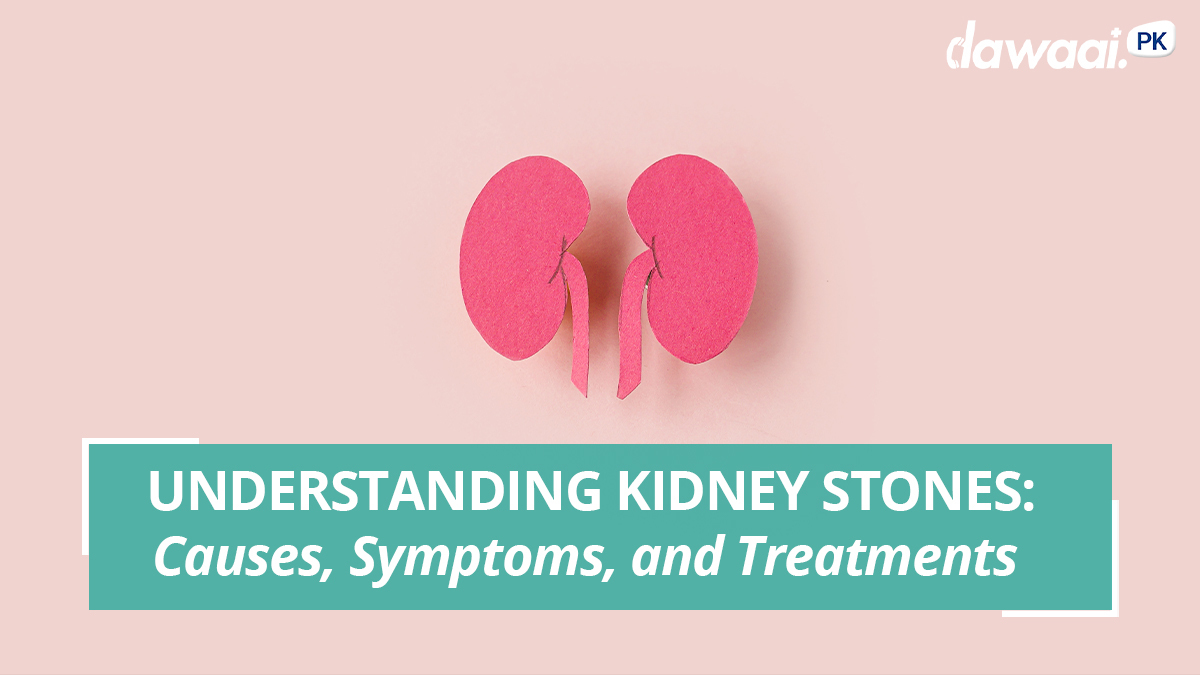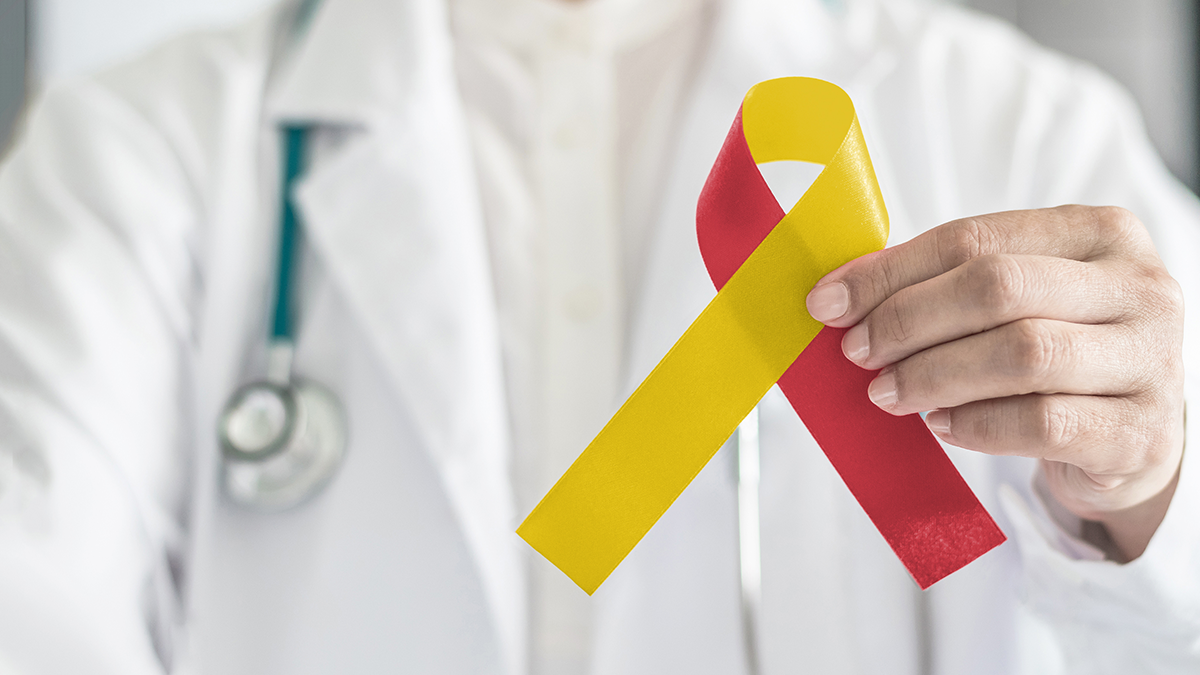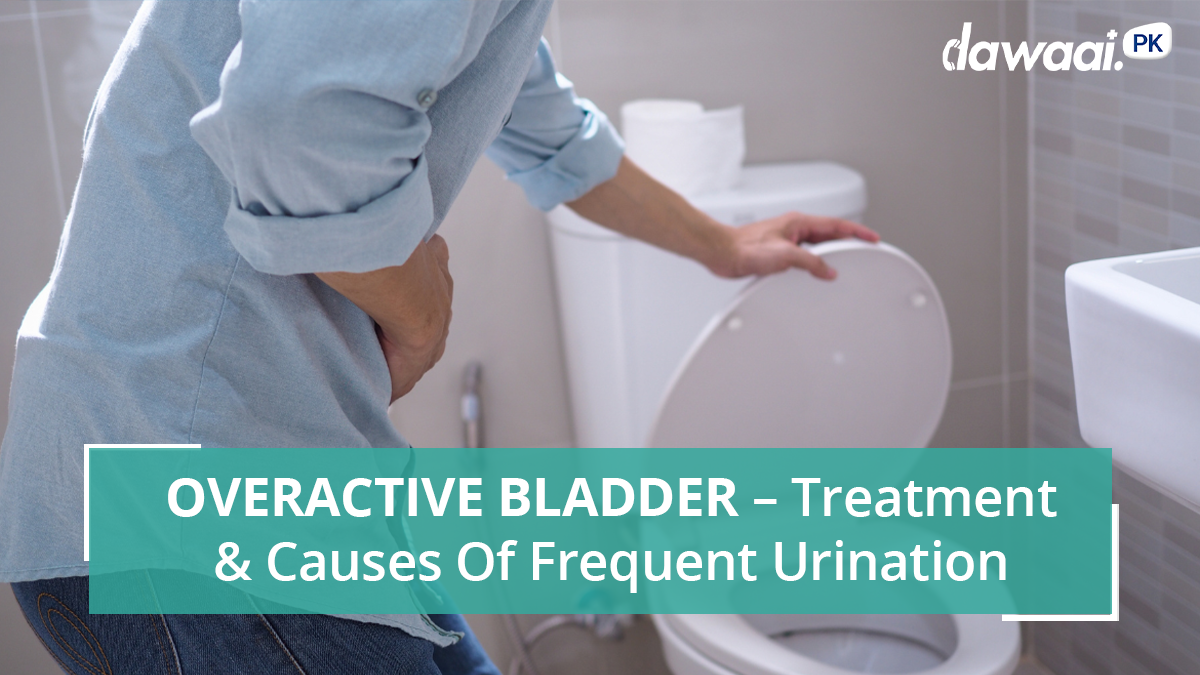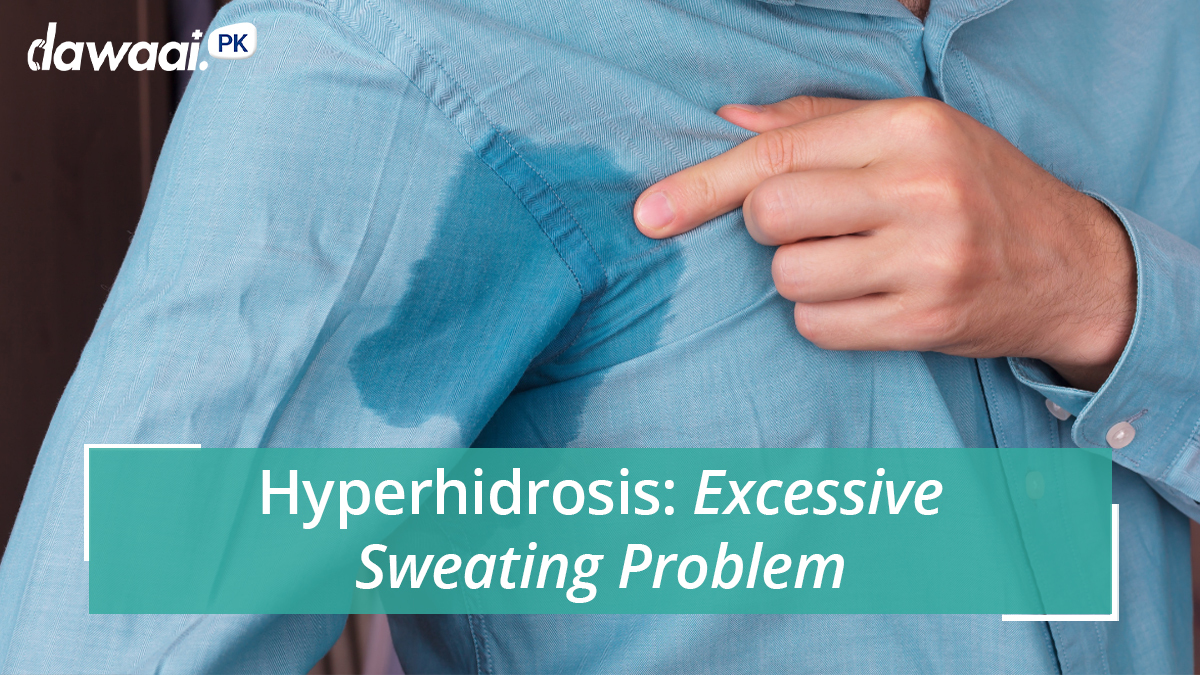(Aruplab, 2015)
Medically reviewed by Dr. Muhammad Ashraf Shera.
Want to learn about Kidney stones in Pakistan? We’ve you covered. Below is a blog on Kidney stones: causes, symptoms and treatment in Pakistan.
Unless you’ve had a kidney condition, you probably don’t give your kidneys much thought. While kidneys are critical for general health, they are frequently overlooked—at least until something goes wrong. Your kidneys are a hardworking organ: they cleanse your blood, maintain chemical equilibrium, assist in blood pressure control, stimulate the bone marrow to produce red blood cells, and excrete waste and excess fluid through urine.
World Kidney Day is the ideal opportunity to highlight the vital work our kidneys perform and to show them some love. Let’s start with the most common condition. Have you ever heard about kidney stones? Let’s find out more about them.
What is a kidney stone?
A kidney stone is an irregularly shaped solid mass or crystal that can range in size from a grain of sand to a golf ball. You may be unaware that you have a kidney stone depending on its size. Even little stones can cause severe discomfort as they pass through your urinary tract. Consuming fluids may aid in the process.
A big kidney stone may become lodged in the ureter. When this occurs, the stone can cause bleeding and obstruct the flow of urine from your body. You may require surgery to remove a stone that is unable to pass on its own.
What causes kidney stones?
There are several risk factors for developing kidney stones. These include:
- Not drinking enough liquids.
- A diet that includes meat, fish, beans, and other protein-rich foods.
- A family history of kidney stones.
- Blockage in the urinary tract.
(emedicinehealth, 2021)
What are the first signs of kidney stones?
It’s possible to have a stone in your kidney for years without knowing it and often mimic discomfort of minor kidney infection symptoms in women and men. However, you may experience kidney stone symptoms if it begins to move or becomes quite large. Some kidney stones symptoms in females and men include:
- Pain in the lower back or side of the body.
- Nausea and vomiting as a result of the pain.
- Blood in your urine.
- Urinating causes pain.
- Inability to urinate.
- Urinating more frequently than usual.
- Chills or a fever.
- Urine that smells foul.
Kidney stones that are smaller may not produce pain or other symptoms. These “silent stones” move through your body and are excreted in your urine.
How are kidney stones treated?
Once diagnosed by a kidney and bladder specialist, the healthcare professional will determine whether or not a treatment is required. When you urinate, some tiny kidney stones may pass through your system. This can be excruciatingly unpleasant. If your doctor determines that you do require treatment, you will have the option of medication or surgery.
How long does it take to pass a kidney stone?
The time it takes to pass a kidney stone varies from person to person. A stone less than 4 millimeters in diameter may pass in one to two weeks. A stone larger than 4 mm in diameter may take around two to three weeks to pass fully.
Can a large kidney stone cause an injury?
The risk of injury from a kidney stone might increase in direct correlation to the stone’s size and location. A larger stone may become lodged in the ureter, resulting in the accumulation of pressure and result in acute kidney injury, renal failure, and, in the worst-case situation, develop signs of kidney failure.
Do kidney stones cause kidney disease?
If you’ve had kidney stones, you’re at a higher risk for more kidney stones and chronic kidney diseases so it’s a good idea to be mindful about your body and watch out for any kidney disease symptoms.
How can I prevent kidney stones?
(Clevelandclinicabudhabi, 2020)
There are various ways to prevent kidney stones. Some ways include:
- Drinking water. Lots and lots of it.
- Limit salt.
- Reduce weight if overweight.
The outlook for kidney stones is very positive, although there is a risk of recurrence. Numerous kidney stones dissolve on their own over time and do not require treatment. Medications and surgical methods to remove bigger kidney stones are often quite successful and involve short recovery time.
It’s possible to get kidney stones multiple times throughout your life. If you continue to produce kidney stones, your healthcare professional may work with you to determine the cause of the stones. Once the cause is found, you may be able to make dietary changes to prevent future stones. For women, it is recommended to watch out for any signs of kidney problems when pregnant as kidney stones may lead to premature labor or interfere with normal labor, which could pose a health threat to the baby.
At best, kidney stones are inconvenient; at worst, they are agonizingly painful. To stop your situation from getting worse, you should be evaluated by a healthcare provider as soon as possible. The pain can become severe, and surgery may be required. Remember: don’t skip your prescriptions, drink lots of water and follow any dietary guidelines. Also, remember that kidney stones are a transitory condition and, in most cases, won’t bother you forever.
By: Sanya Zahid
Also read: Thyroid disease in Pakistan
Citations:
https://my.clevelandclinic.org/health/diseases/15604-kidney-stones
https://www.aruplab.com/news/10-01-15
https://www.cedars-sinai.org/blog/show-your-kidneys-some-love.html
https://www.emedicinehealth.com/kidney_stones/article_em.htm
https://www.emedicinehealth.com/kidney_stones/article_em.htm
https://www.everydayhealth.com/kidney-stones/guide/
https://www.healthline.com/health/kidney-stones#treatment
https://www.nhs.uk/conditions/kidney-stones/
5 ways to prevent kidney stones






